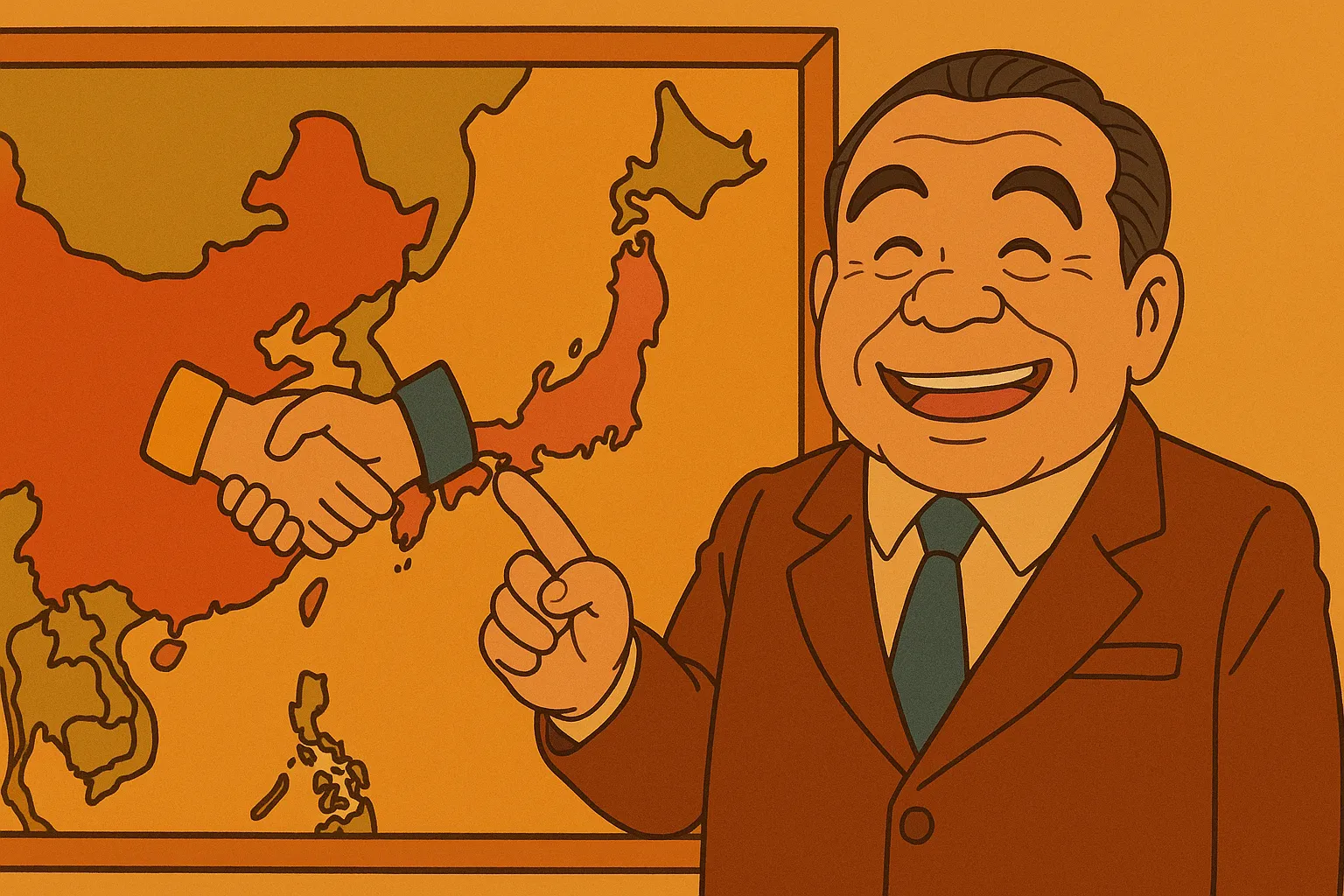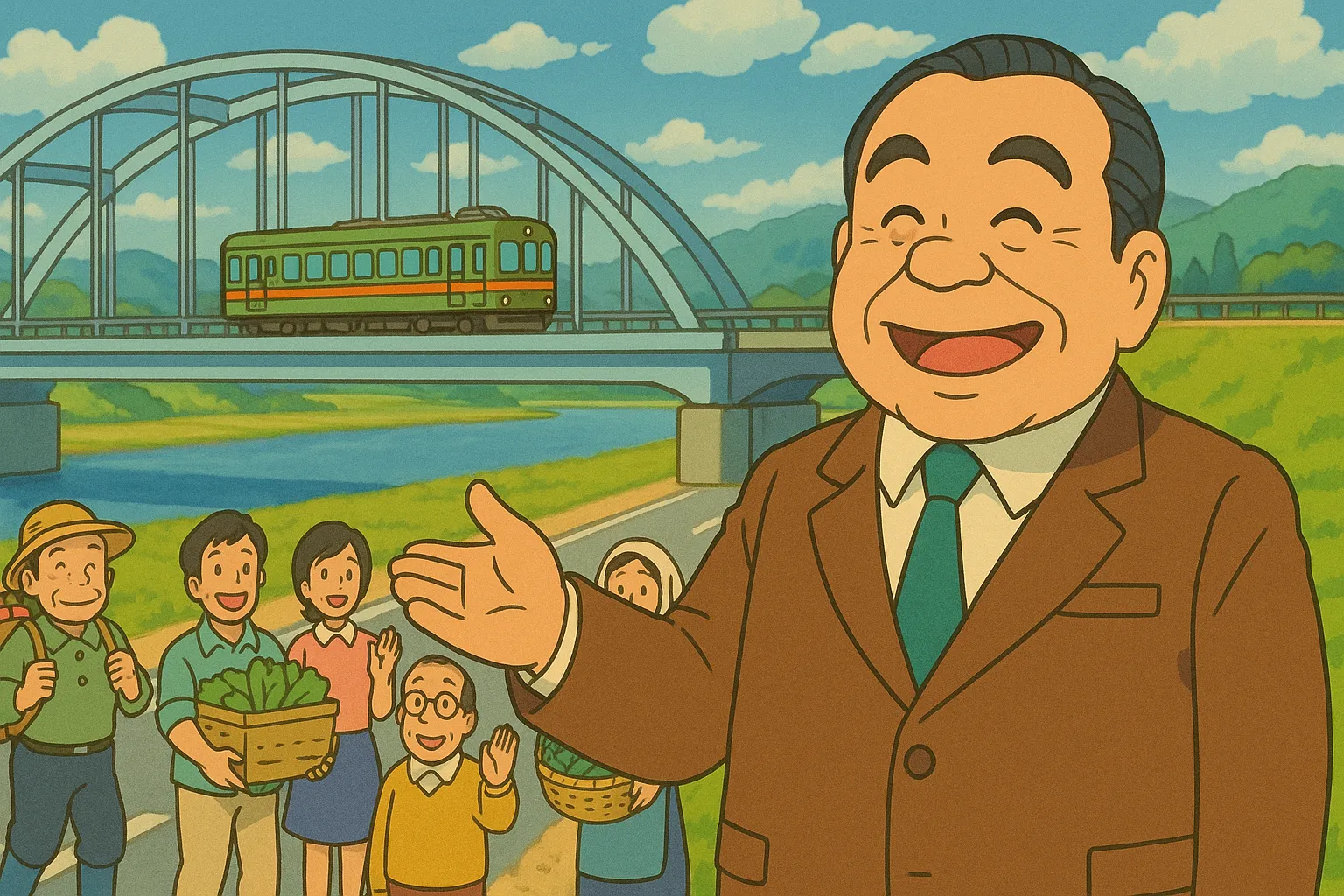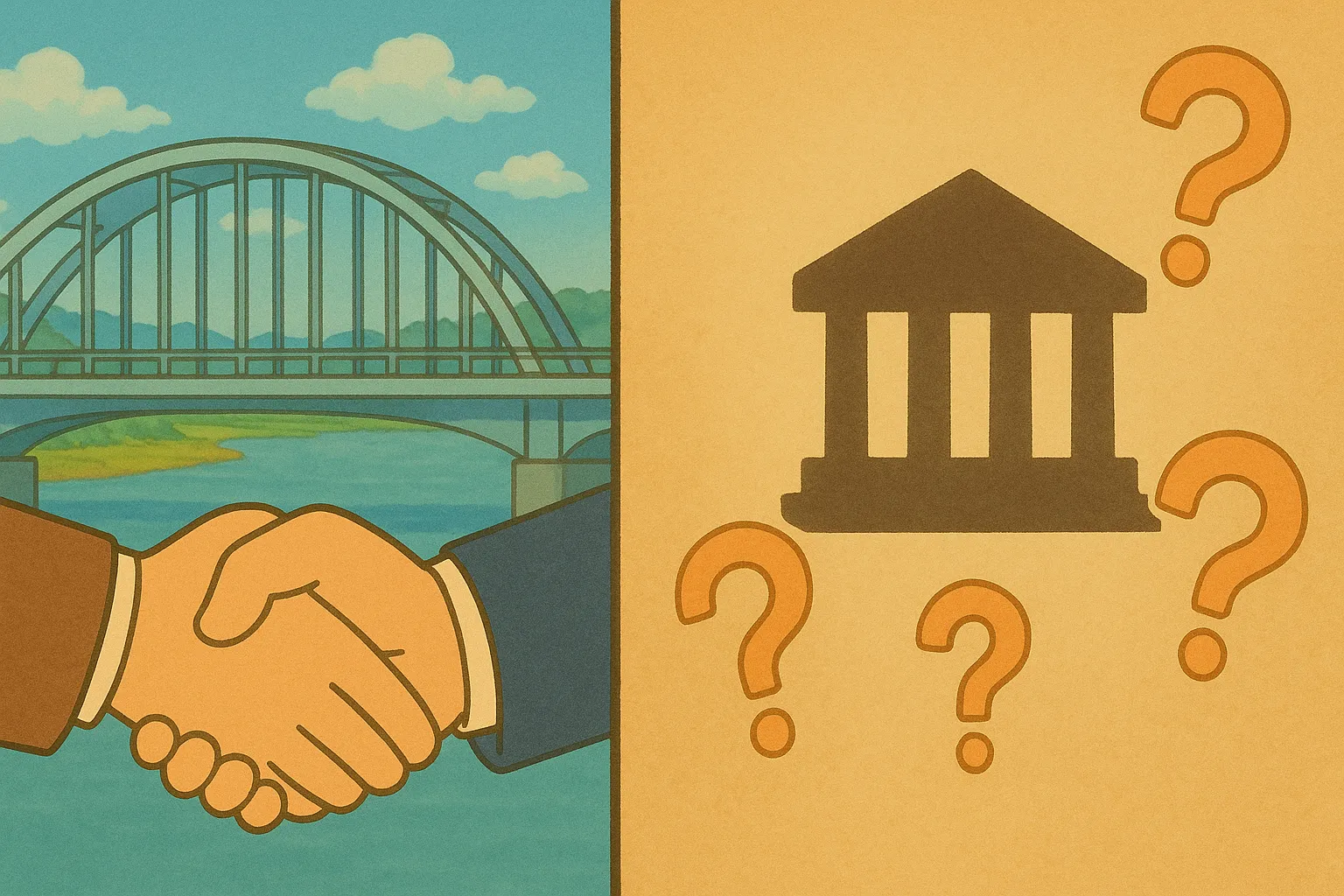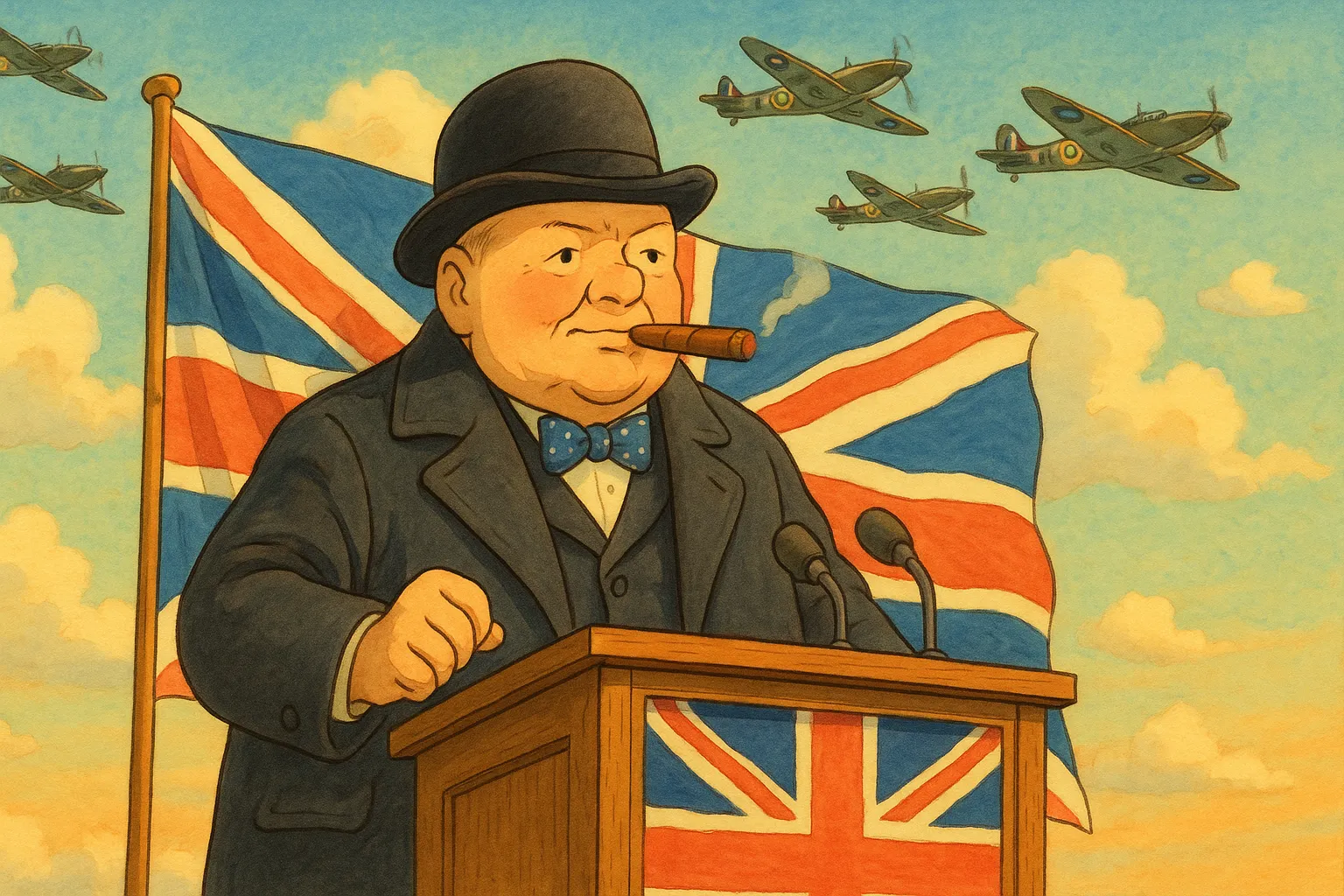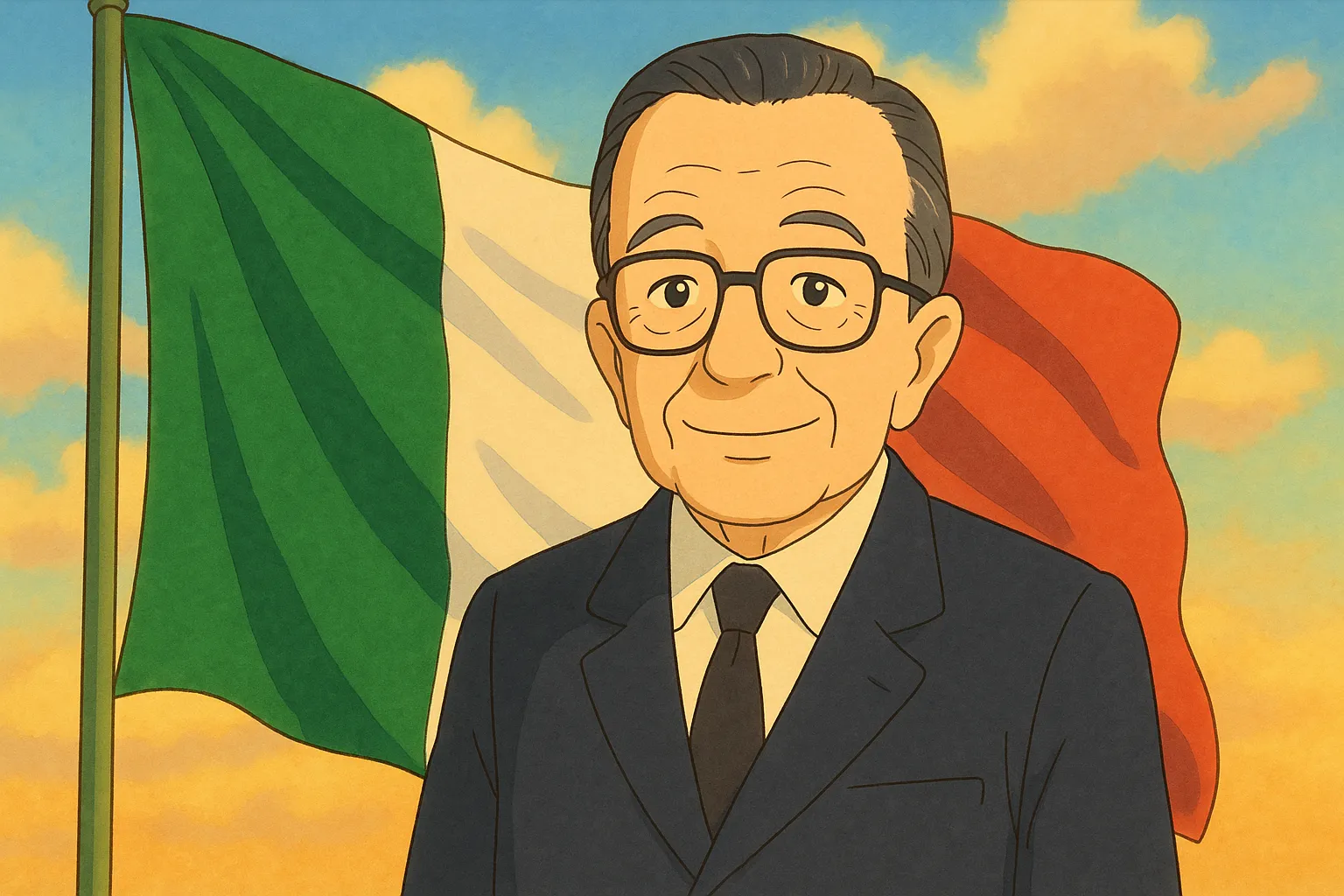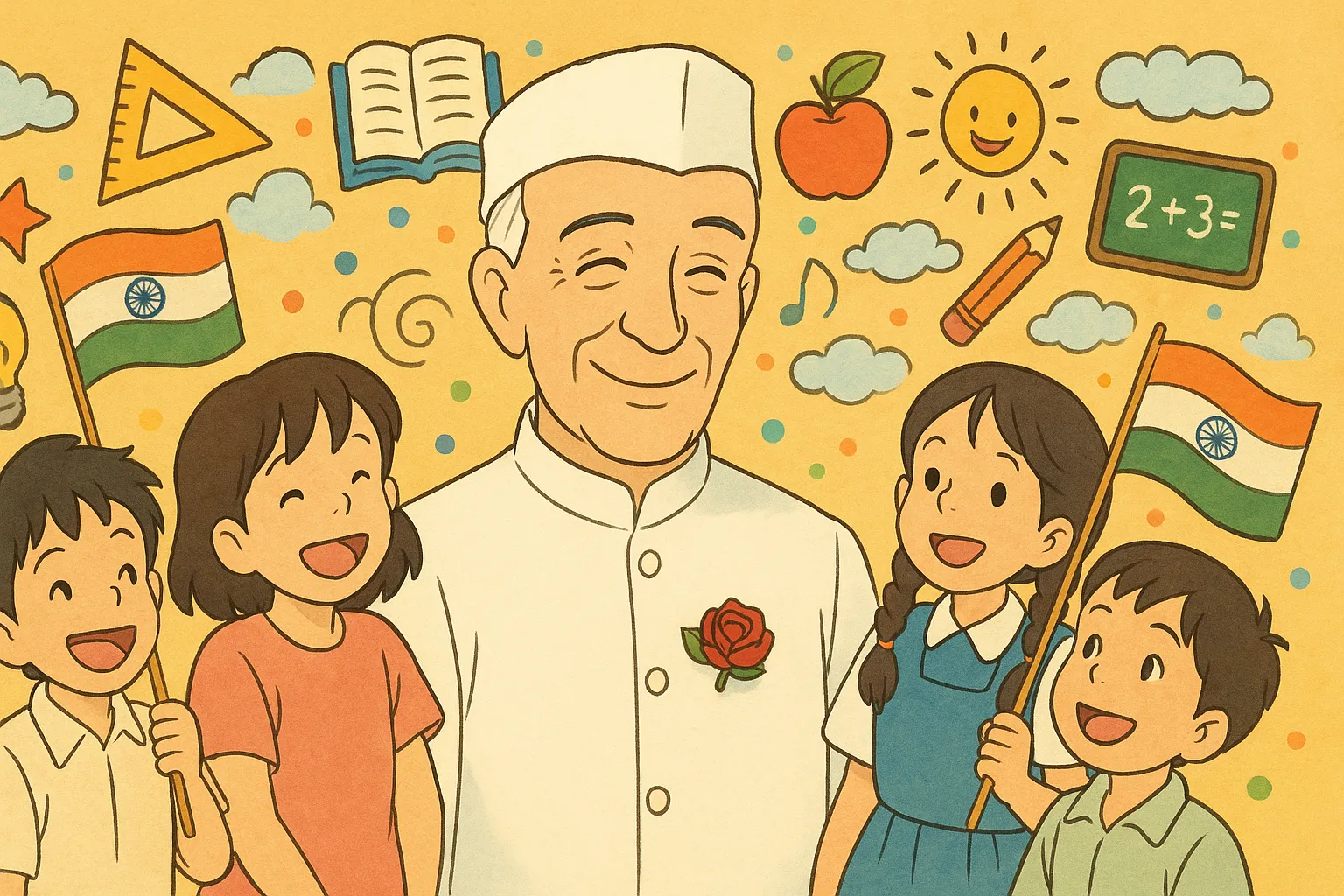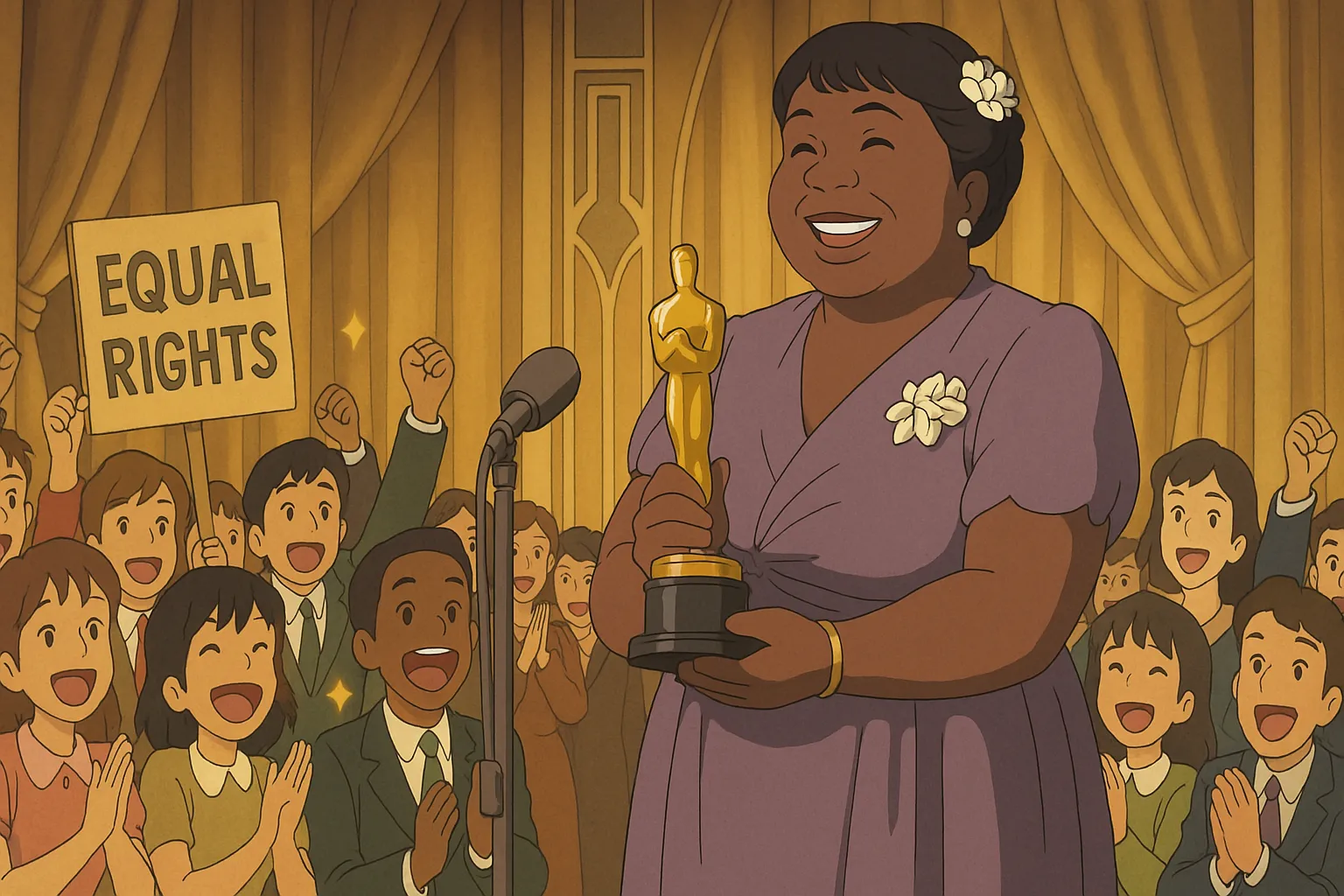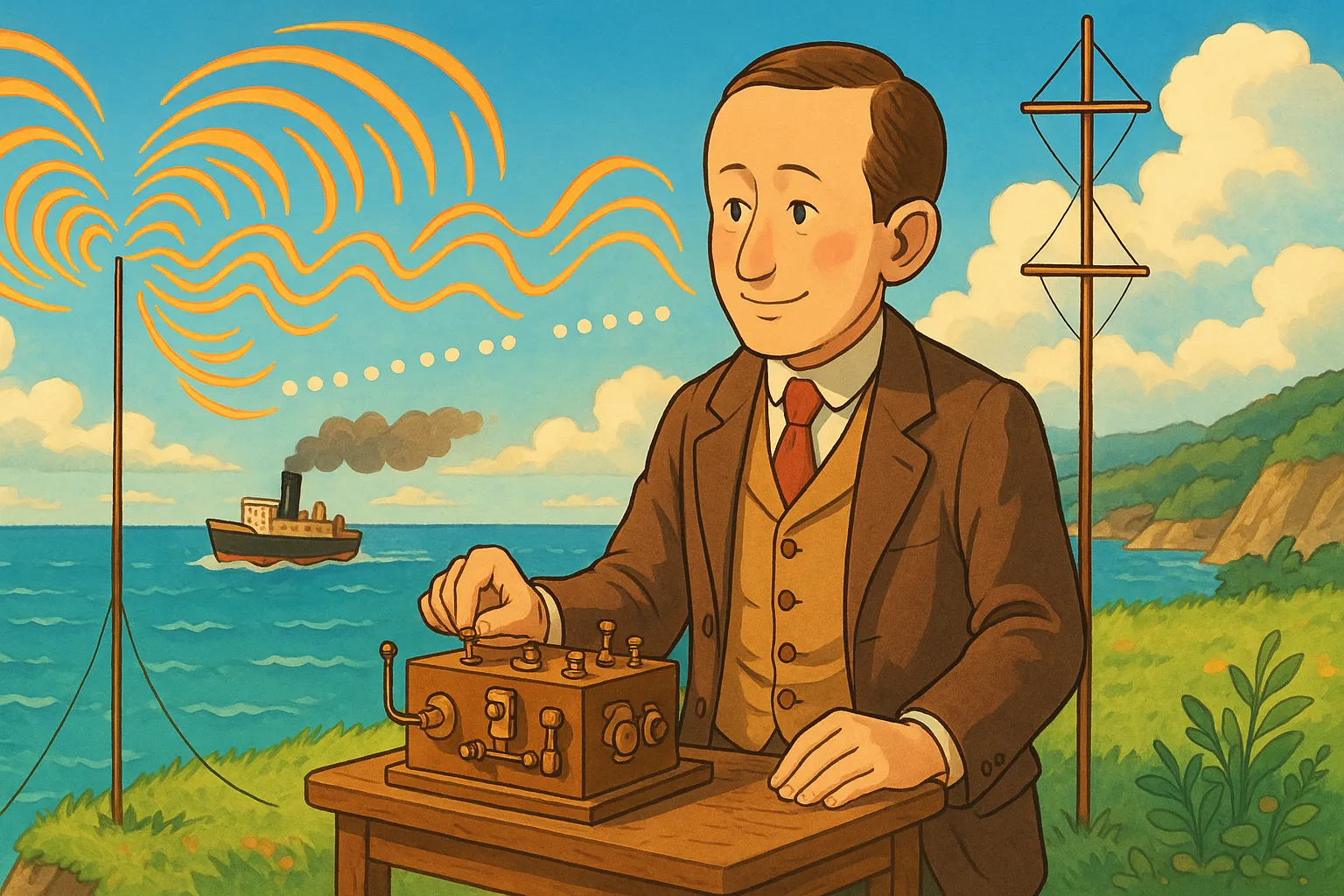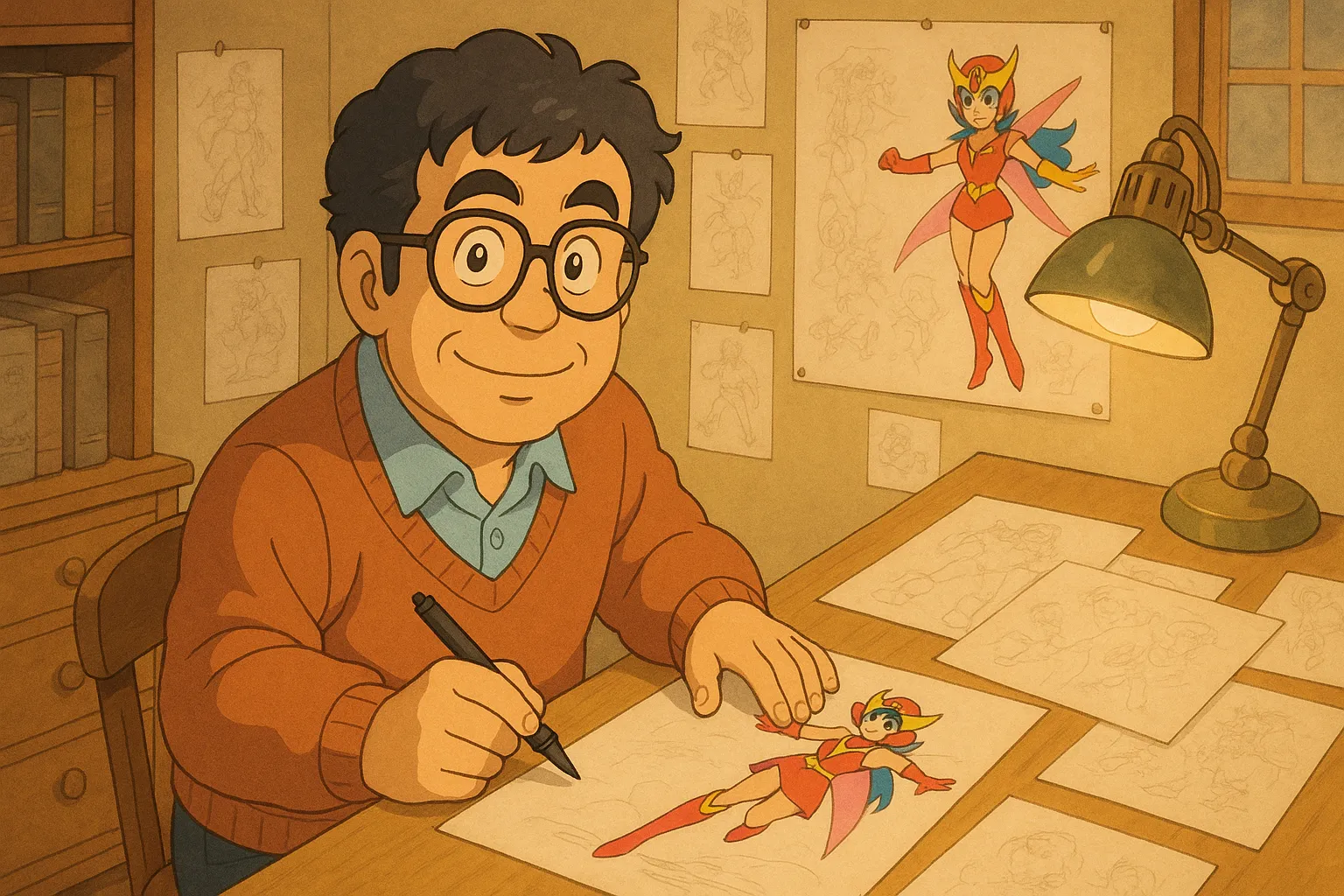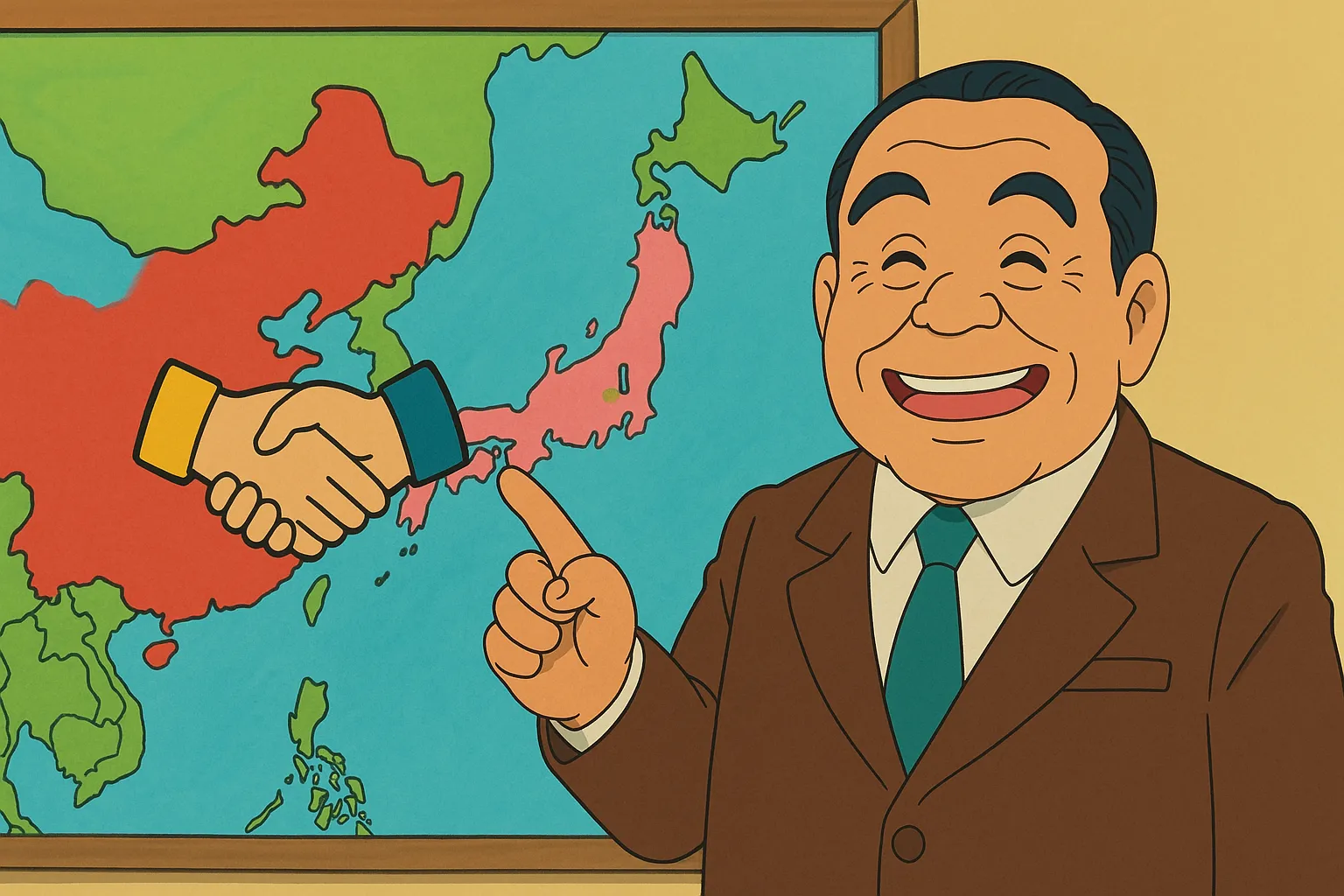
Frequently Asked Questions
Where was Kakuei Tanaka born?
He was born in Nishiyama (now part of Nagaoka), Niigata Prefecture, Japan, on May 4, 1918.
What did he do before entering politics?
He worked in construction and ran building projects. That background helped shape his focus on public works later as a politician.
Which political party did he belong to?
He was a leading member of the Liberal Democratic Party (LDP), which has been a major political party in Japan.
When did he die?
Kakuei Tanaka died on December 29, 1993.
Why do people still study him?
Because he helped change Japan's international ties and built many projects, yet his career also shows why honesty and rules matter in politics.
